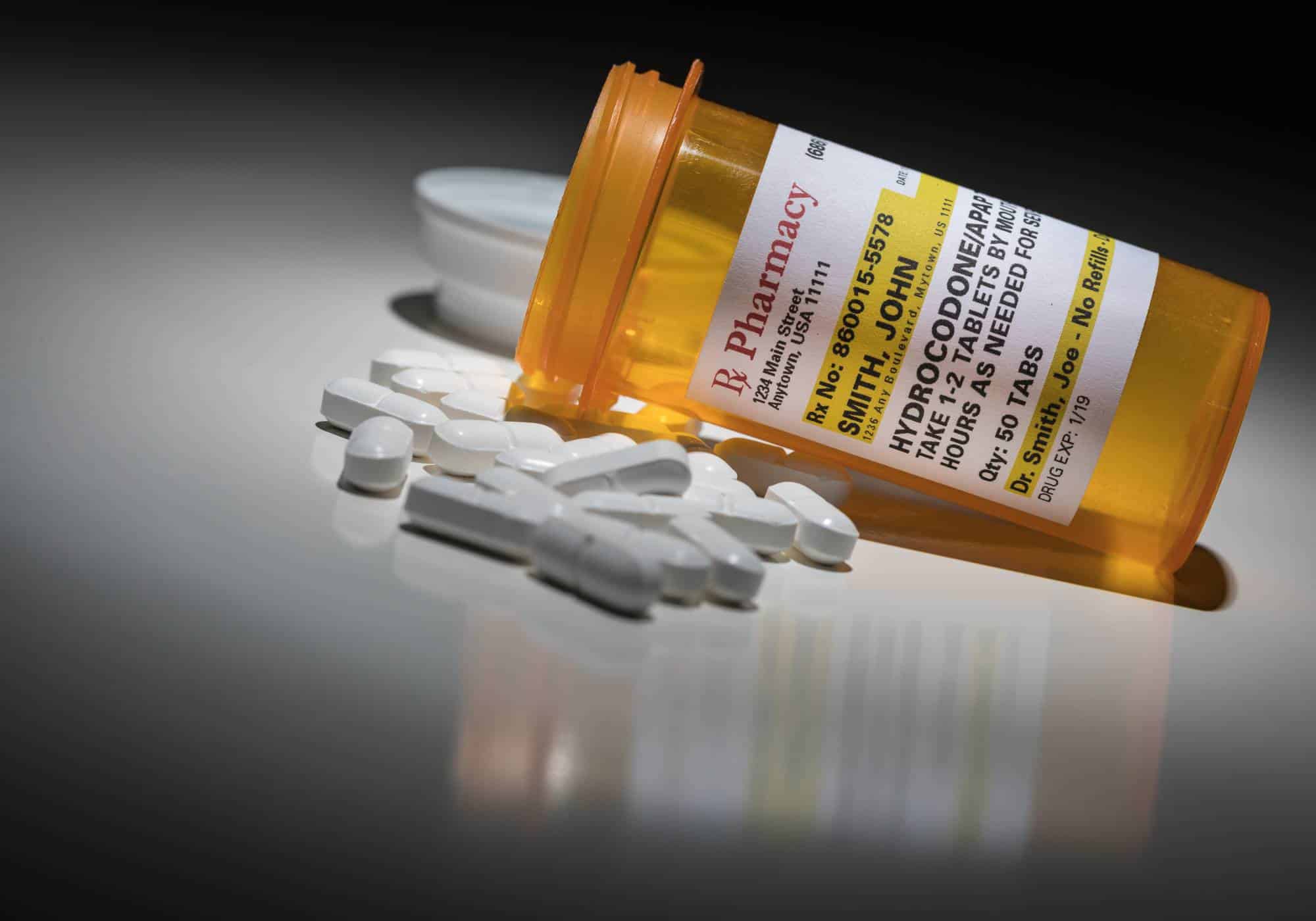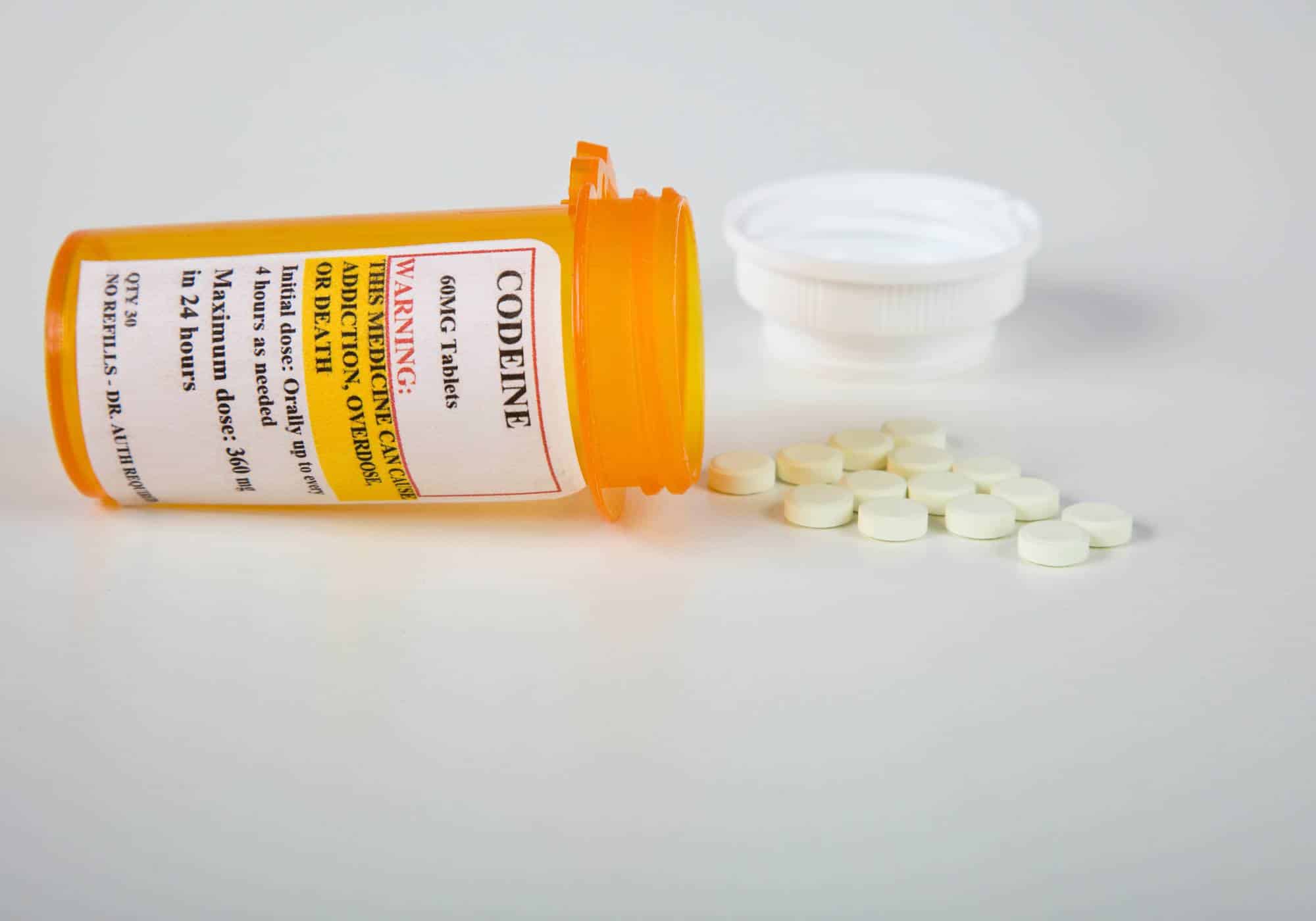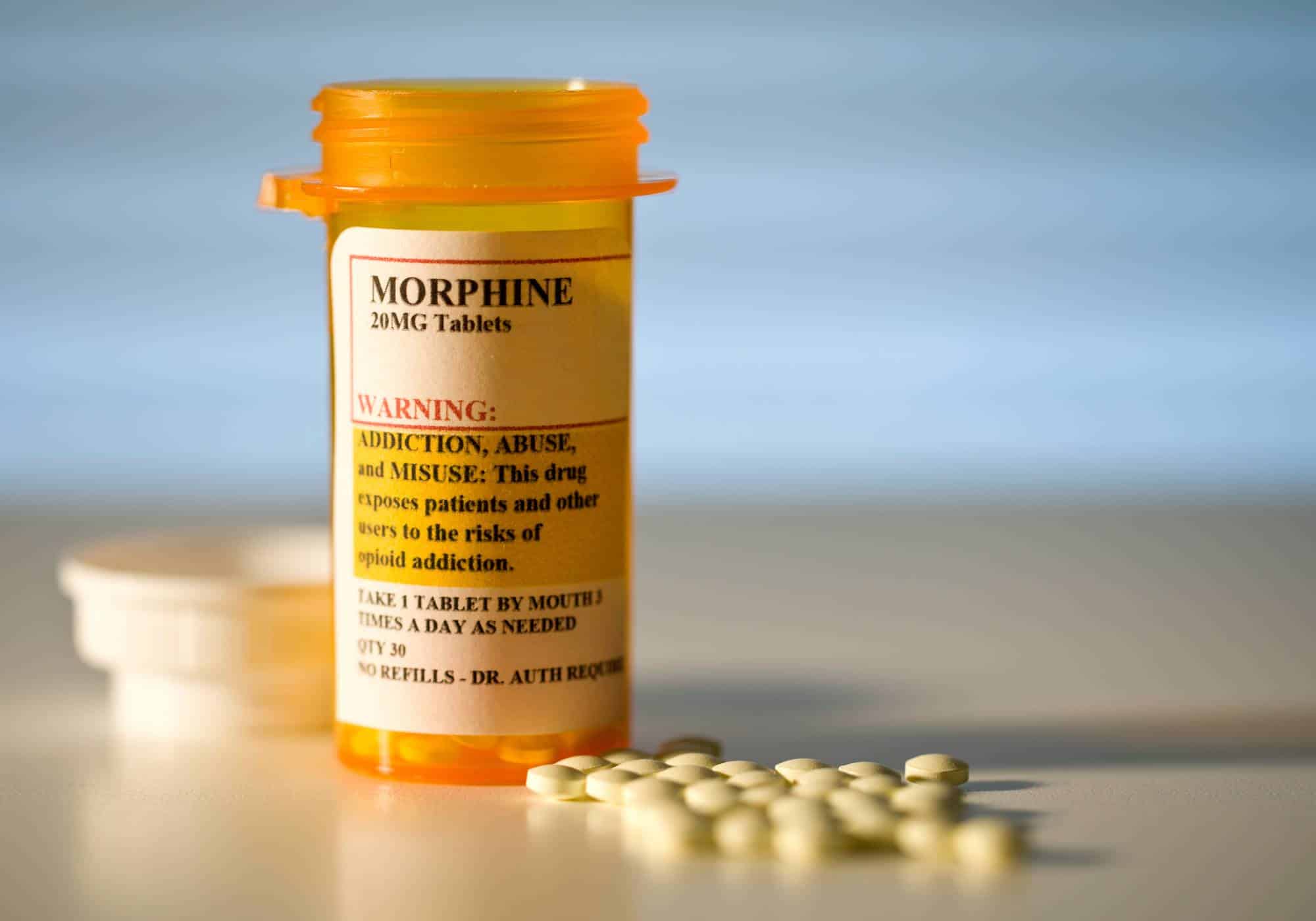It’s frightening to consider life after treatment—leaving the comfort of a medical team, structure, and support that has become your normal. It can be a time of great transition and relearning how to live life on your own terms. At Hope Harbor Wellness, our outpatient drug rehab in Atlanta provides a bridge between inpatient treatment and the world outside, helping you learn how to move forward with newfound hope, strength, and skills.
Outpatient drug rehab offers essential resources that help people transition back into everyday life. This doesn’t mean it will always be easy. However, being receptive to available resources and adapting your lifestyle to prioritize your recovery goals can help make your transition smoother. The key is to stay consistent; with each small victory, you will gain more confidence and hope for what lies ahead. Whether you have just finished an inpatient program or are considering transitioning from outpatient to sober living, this blog post is for anyone who would like to benefit from learning more about what comes next after addiction.
What Is Outpatient Drug Rehab?
Outpatient drug rehab is a type of addiction treatment that offers a range of structured services without the need for inpatient commitment, such as individual and group counseling, medication-assisted therapy (MAT), education classes, and relapse prevention strategies. Unlike inpatient programs which require you to remain at the facility overnight or for several weeks, outpatient programs offer lighter and more flexible hours so that participants can continue with other obligations, such as work or school, during their recovery process. For people recovering from substance use, outpatient drug rehab can provide an effective support system to help with successful recovery.
Services in an outpatient drug rehab program include:
- Individual Therapy – One-on-one therapy is an opportunity for you to discuss your goals, fears, thoughts, and feelings with a trained therapist in a safe and confidential environment.
- Group Therapy – In a group therapy setting, you will be able to share experiences with other participants and gain insight into various issues related to substance use disorders.
- Medical Services – Prescribed medications can help relieve symptoms of withdrawal while keeping cravings at bay, allowing you more time and energy to focus on your recovery journey.
- Relapse Prevention Strategies – Programs that offer relapse prevention strategies can equip you with the essential skills needed to recognize triggers, develop coping mechanisms, and maintain sobriety from drug or alcohol abuse.
- Case Management – Your personal case manager can provide resources and connections to various community services, such as housing, employment assistance, and educational services.
- Holistic Treatments – This can include exercise, mindfulness practices, yoga, and other activities to help increase your physical and mental well-being.
- Aftercare – Aftercare services, such as sober living homes and 12-step programs, provide a network of support for after you have completed an outpatient drug rehab program.
With our professional outpatient drug rehab in Atlanta, we can create an individualized plan to help you achieve your short and long-term recovery goals.
Setting Realistic Goals for Recovery
Creating a realistic plan of action is a crucial step in the path to sobriety. Having small, achievable goals will help you stay focused and motivated throughout your journey. When setting goals, it’s important to remember that they should be both realistic and specific. Start by asking yourself what changes you want or need to make in order to move towards a healthier lifestyle. For example, if your goal is to cut alcohol out of your lifestyle, set manageable weekly or monthly milestones.
Setting Recovery Milestones
When setting realistic goals for recovery, it’s important to set achievable timelines and reward yourself when you reach each milestone. Having clear expectations will help keep you motivated and accountable. You can also ask your family members or friends to support you in achieving your goals by providing encouragement or reminding you of your progress.
Professional Support
Our outpatient drug rehab in Atlanta can provide guidance on how to stay focused for a successful recovery. We can offer some knowledge about different recovery tools and strategies that work best for each individual.
Setting Long-Term Goals
Setting long-term goals begins as you gradually expand on your short-term goals. For example, if your short-term goal includes attending weekly alcohol counseling sessions, then your long-term goal could be to stay sober for six months or more. Additionally, setting goals centered around personal growth can help keep you motivated and lead you closer to success. These goals can involve developing new skills, such as learning how to cook healthier meals or starting a regular exercise routine.
Daily Tips for Everyday Life After Rehab
Maintaining sobriety is a lifelong journey, and there will be days when it can be difficult to stay on the right path. Here are some basic tips that can help you manage cravings and stay motivated:
- Stay connected with support groups – Find a local 12-step program or alumni group in your area to help keep you accountable and stay connected to other people who share similar experiences.
- Establish a schedule – Having structure in your daily life helps reduce anxiety and provides positive activities that occupy your time. This could include setting aside time to go for walks, read, or complete simple house chores.
- Celebrate successes – Recognizing small wins along the way can give you the motivation to continue striving towards recovery goals. Whether it’s having a sober weekend or attending all of your scheduled counseling sessions, recognize these accomplishments and reward yourself.
- Be honest with yourself – Acknowledge any challenges you may face, and don’t be afraid to reach out for help when you need it. Having an outlet to talk to can lighten the heavy feelings associated with recovery.
Recovery can be challenging, but with the right support system, it is possible to stay on track and lead a healthy lifestyle.
Explore Independent Recovery With an Outpatient Drug Rehab in Atlanta, GA
Hope Harbor Wellness is an outpatient drug rehab in Atlanta, GA, with a mission to provide the highest quality of care while helping individuals find a sense of hope and purpose in life. Our team is dedicated to helping you on your journey to sobriety today. Visit our website or contact us today to explore our customized plans that can help guide you toward achieving long-term success.












